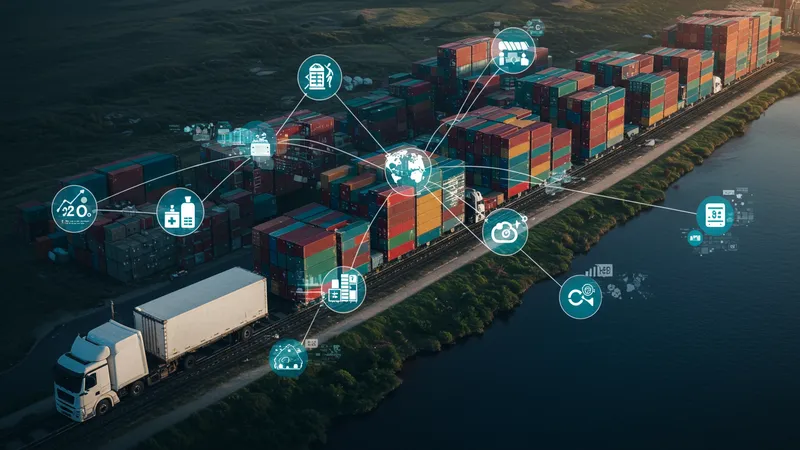
Supply Chains Become Green Agile And Tech Enabled
Environmental Leadership in Modern Supply Chains
Focusing on sustainability, supply chains in the United States are no longer just about speed and efficiency. Environmental benchmarks—like reducing greenhouse gas emissions and responsible sourcing—are now essential. SAP Integrated Business Planning, for example, allows U.S. companies to model carbon impact scenarios and select routes, suppliers, and methods with the least footprint. Corporations are setting ambitious climate targets; recent reports indicate over 90% of S&P 500 companies now monitor supply-related emissions to align with corporate sustainability goals.

IBM Supply Chain Insights brings artificial intelligence into monitoring waste, energy use, and overall efficiency. In the U.S., several food and retail giants have leveraged IBM’s platform to actively track emissions reduction, leading to measurable changes such as network redesigns to minimize miles traveled and packaging innovations to reduce landfill contributions. Public pressure has increased transparency, with annual sustainability reports now standard among major American manufacturers and retailers.
Oracle SCM Cloud brings cloud-based analytics and real-time data into sustainability management. With its ability to integrate carbon tracking directly into procurement decisions, U.S. businesses have the tools to ensure their suppliers adhere to environmental expectations. According to supply management studies, Oracle’s users in the United States report up to 30% improvement in sustainable sourcing practices within two years of adoption.
At the intersection of technology and green operations, real-world examples make the strategy concrete. For instance, a major U.S. electronics retailer used SAP’s solution to identify alternative regional suppliers, cutting transport-related emissions by over 20%. These digital initiatives not only contribute to a cleaner environment but also enhance brand reputation within eco-conscious American consumer segments, driving loyalty and ongoing support.